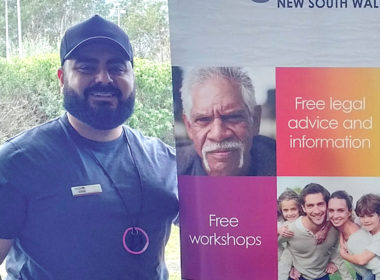Online volunteering is on the rise and the mental health benefits are many. Here’s how you can make a difference while maintaining your distance.
In the age of social distancing, volunteering in the traditional sense can be tricky. Enter online (or virtual) volunteering: donating your time to worthy causes from the comfort of your own home. Whatever your skillset or area of interest, there’s an online volunteering opportunity to suit. Design new corporate branding for a charity, provide management support to NGOs, translate documents for international aid organisations, or coordinate crowdfunding campaigns for people in need. The even better news is online volunteering offers a heap of benefits for volunteers, too, including less stress, better mental health, and a stronger sense of social connection.
Virtual assistance
Put simply, online volunteering is providing community services electronically. Skills-based volunteering – leveraging specialised skills and talents to support the work of community groups – dominates the space, with common tasks including maintaining websites, providing technical assistance to staff and clients, writing grant proposals and producing digital communications.
For a profession long associated with pro bono work, it’s perhaps unsurprising there’s strong demand for folks with legal skills to volunteer online. “Legal professionals often provide guidance, systems and advice with respect to social justice – or the lack thereof,” says Mark Pearce, interim CEO of Volunteering Australia. “At a macro level, they help to minimise organisational risk and ensure good governance. They’re oftentimes fundamental in terms of the development of advocacy and policy.”
Matthew Boyd, co-founder and CEO of online volunteering marketplace Vollie, which connects skilled people to not-for-profits and charities, says lawyers can also provide invaluable assistance with ad hoc tasks in organisations that lack legal expertise.
“It might be drafting a particular legal document, like a contract with an employee, or new terms and conditions for a fundraising campaign,” he says. “Having a good lawyer in your corner is always incredibly important.”
What’s more, there’s demand for other desk-based skills. “We’ve had lawyers work on graphic design projects creating new logos and branding documents, as well as assisting with social media strategy,” says Boyd.
Pearce says lawyers are ideally suited to helping organisations with finance and cash flow management, scenario planning, HR and general administration tasks, as well as phone-based services.
“There are services set up, for example, where volunteers speak to people who are socially marginalised, can’t get out of their homes and don’t have social contact,” he says. “Especially in times of dislocation, these services are critically important.”




